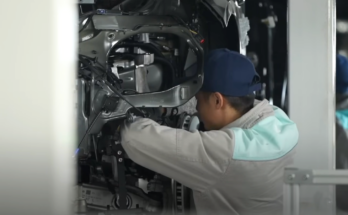Covid-19 fundamentally altered the perception that the UK has of China. People in London, Edinburgh, or Belfast woke up to the reality that decisions made by a government thousands of miles away could shut down their economies and their lives. And with that realization came greater scrutiny—of how reliant the UK is on Chinese-made products, what the Chinese Communist Party’s (CCP) global ambitions are, and what goes on inside China.
Before the pandemic, the UK, historically one of China’s closest allies in Europe, was often willing to stand by Beijing in difficult moments. In 2015, it became the first Western nation to join the Chinese-led Asian Infrastructure Investment Bank (AIIB) in spite of objections from the US, with which the UK famously has a “special relationship.” (At the time, an Obama administration official called out UK prime minister David Cameron for his “constant accommodation of China.”) The UK’s decisions tended to influence others: Five other European countries joined the AIIB around the same time.
In 2021, China and Britain 2.0 no longer get along. That matters irrespective of nationality, as the relationship impacts most industries and sets the tone for other democracies’ interactions with Beijing. “The UK is realizing that the China it thought it was courting eight years ago no longer exists,” argues Eyck Freyman, author of One Belt One Road: Chinese Power Meets the World.
Click here for full article


